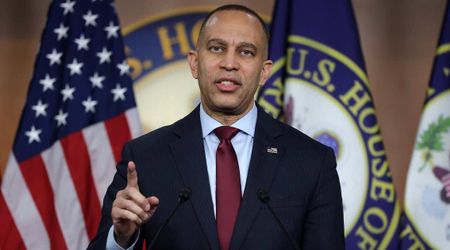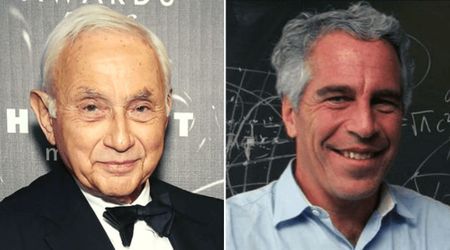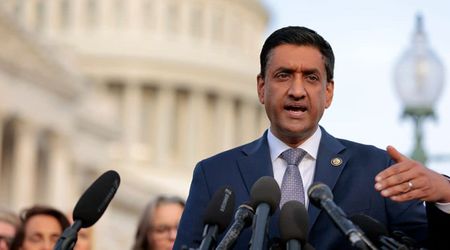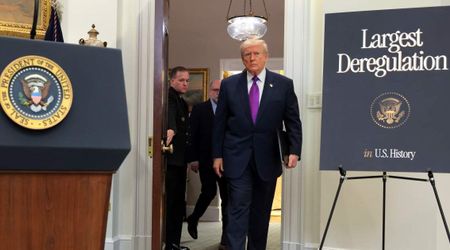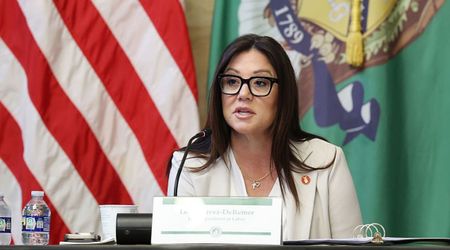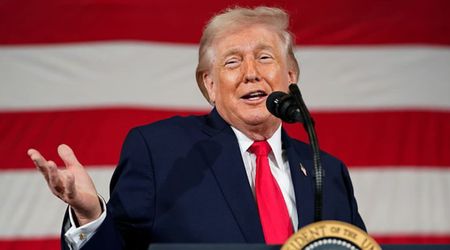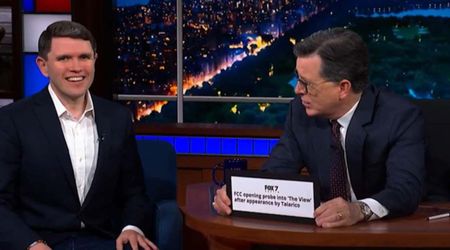Columbia University allows demonstrators 2 more days to end pro-Palestinian protest: Here's all to know
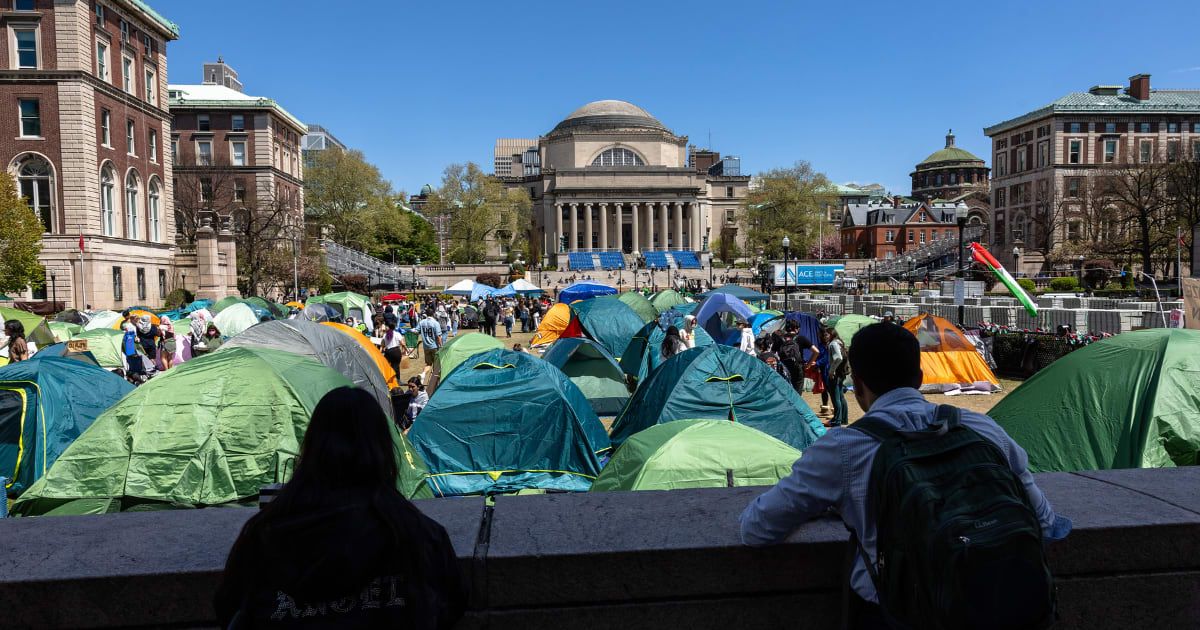
Columbia University extends deadline to clear pro-Palestinian protest encampments: Here's everything to know

Columbia University extended its deadline by 48 hours for students protesting in support of Palestinians and against Israel's war on Gaza to clear campus encampments and end the demonstrations. The deadline will end in the early hours of Friday, April 26. The protest encampments first appeared on April 17 after Nemat "Minouche" Shafik, the president of Columbia University, was grilled by the Republican-led House Committee on Education and Workforce about her handling of antisemitism on campus following the October 7 Hamas attack. The pro-Palestinan demonstrations are mainly organized by the Columbia University Apartheid Divest (CUAD), Students for Justice in Palestine, and Jewish Voice for Peace. Columbia students are at the forefront of the solidarity movement in support of the Palestinians as the death toll in Gaza has supposedly crossed 34,000 since the conflict started. Let's learn about the current situation in Columbia as students continue to organize protests in solidarity with Gaza across the nation:
1. Demands Columbia University says protesters have agreed to

In an early morning statement released on Wednesday, Columbia University said the protesting students had agreed to disassemble and clear a "significant number of tents." Those who are not affiliated with the university would leave the premises, and only the students of Columbia University would continue with the protest. In addition, the protesters agreed to follow the New York City Fire Department's guidelines as well as make the encampment "welcome to all" by prohibiting "discriminatory or harassing language."
2. Student protesters' view on the deadline extension

Responding to the deadline extension, CUAD said the university's "written commitment and concession not to call the NYPD or the National Guard signifies an important victory for students." In another late-night statement, the CUAD said Columbia "threatened" negotiators about the deployment of both the National Guard and police "if we do not acquiesce to their demands."
3. Situation at Columbia overnight following the deadline extension

After the deadline's extension, students who removed their tents reinstated them, and the majority came back to the encampment, Caroline Anne Bissonnette, a journalism student told Al Jazeera. According to Columbia University's student radio station WKCR, 50 police officers from the Strategic Response Group (SRG) assembled at 116th Street in New York City outside the campus at around 1.35 am on Wednesday. A student reported to WKCR that the police response was "more severe than we have seen before." Since Monday, the university has been conducting its classes in hybrid mode, which is expected to continue till the end of the spring semester.
4. Stance of Columbia protesters

CUAD, the principal organizer of the protest, wrote on X (formerly Twitter) on Tuesday that they exited negotiations with the university and would not participate further "until there is a written commitment that the administration will not be unleashing the NYPD [New York Police Department] or the National Guard on its students." They vowed to continue their protest without giving in to the "cowardly threats and blatant intimidation" by the university authorities. More than 100 student demonstrators, including Rep Ilhan Omar's daughter, Isra Hirsi, have been arrested so far from the campus.
5. Potential actions by Columbia University

In an email, President Shafik said the negotiations between the student organizers and the university administration failed in "dismantling the encampment, dispersing, and following university policies." Therefore, Columbia would consider "alternate options" to remove the encampments. She warned against "intimidating, harassing, or discriminatory behavior." Shafik further said that although Columbia protects the essential right to protest, "harassment and discrimination is antithetical to our values and an affront to our commitment to be a community of mutual respect and kindness."
6. Visit by congressional lawmakers

House Speaker Mike Johnson visited the Columbia campus on Wednesday and met the Jewish students and the university president. "We encouraged her [Shafik] to take immediate action and stamp this out," said the Republican in a press conference conducted at the university. He added, "Our feeling is that they have not acted to restore order on the campus," as the students booed at him. Besides Johnson, lawmakers from both the Republican and Democratic sides visited the locked-down campus on Monday, voicing concerns about the Jewish students' safety.

